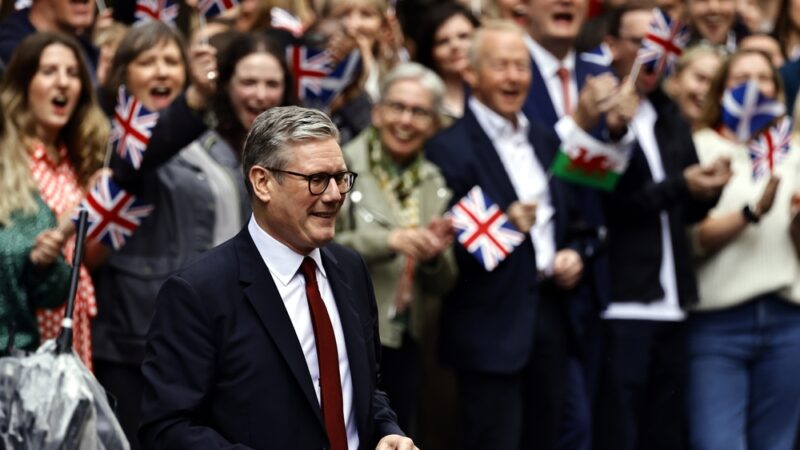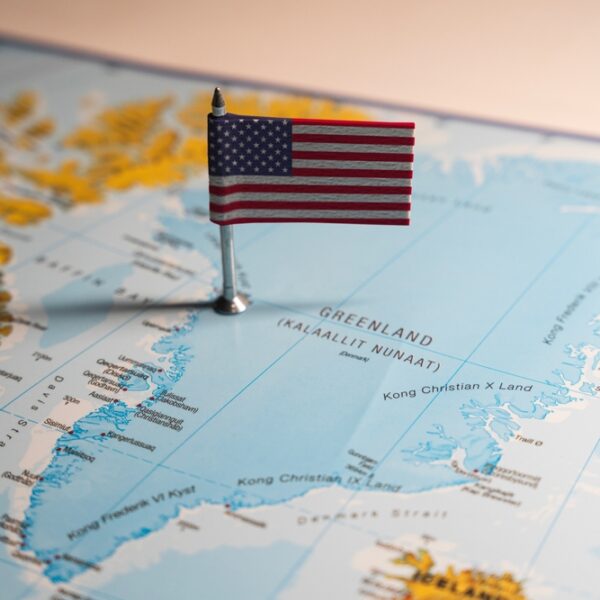Media reacts to Palestine Action arrests
A Guardian newsletter has portrayed the UK’s recent policing of Palestine Action protests as increasingly authoritarian under the Labour government.
It calls attention to hundreds of detentions—including a poet and retired educator for simply showing support—while cautioning that new requirements for disclosing suspects’ race or immigration status risk inflaming racial tensions and veering into dog-whistle politics.
Over 500 arrests were made at the Palestine Action ban protest on Saturday – with an average age of 54, and around half 60 or older, according to police figures.
The arrests were made under terrorism legislation after demonstrators displayed placards and signs expressing support for the group, which was proscribed in July.
The government says PAG’s activities have involved violent incidents, injuries, and millions of pounds in criminal damage, citing an alleged break-in at an Israeli defence firm in Bristol in 2024. Officials argue that the group’s actions fall within the UK’s broad definition of terrorism, which includes serious criminal damage. PAG disputes the allegations and says the ban breaches free speech protections.
Three ongoing legal processes will shape the outcome: criminal prosecutions of protesters, trials over incidents linked to PAG, and a High Court challenge to the ban itself. If the court overturns the proscription, hundreds of pending cases could collapse; if upheld, arrests and prosecutions are expected to continue.
Media response has been unsurprisingly divided.
Hellbent on arrest, more than 360 activists of outlawed Palestine Action goad police to detain them – at cost of up to £3million for taxpayers
Pro-Palestine protesters presented themselves as peaceniks, but ugliness lurked below the surface
Police arrest 522 at Palestine Action protest, beating poll tax record
After mass arrests, what happens next with Palestine Action ban?
How Palestine Action arrests expose a new authoritarian edge to UK police
















